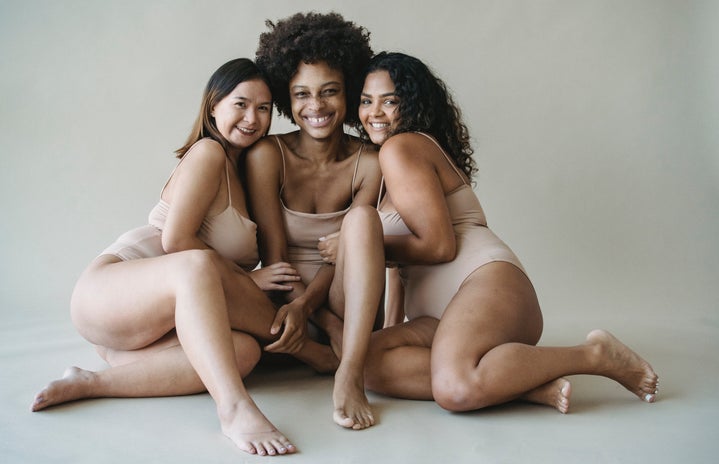February is Black History Month, but it’s also the shortest month, meaning that there is just no time to fully understand black history and remember important people and events in the African diaspora. With that said, just because the month has come to an end doesn’t mean you have to stop your support because being an ally to the black community is important 365 days a year.
Here are a couple of ways to show your support during and after Black History Month.
Do Your Research
Learning about black history and culture is important as you learn about new perspectives and ideologies of black culture. It’s especially important to brush up on black history as many K-12 history programs in the US do not cover black history at the depth necessary to understand what it was actually like back then.
You can find many resources to learn about black history, such as reading books, poetry, and essays written by black authors, as it is the one true way to really hear about what the black community is going through and their perspective on life.
One essay I recommend reading is White Ignorance, written by Charles W. Mills. This article clarifies the concept of white ignorance, how it came to be, why you still see it today, and how it affects marginalized communities.
Even if you’re not a fan of reading, YouTube does a great job of teaching certain subjects about black history (just make sure to fact-check the creator and that they are a good source). CrashCourse is an excellent resource for teaching black history, and they have an entire playlist dedicated to Black American History that Clint Smith, an African American writer, teaches.
Use your Voice While Amplifying Black Voices
To effectively support the black community, it is important to call out acts of hate when you spot it. Whether that’s informing others of why their comments are offensive or stepping in when you see an active hate crime, it’s important to step in and use your voice to explain why it is wrong.
You should also note that allies need to ensure that their voices don’t outweigh their supporters. As a result, do your best to bring black voices back to the forefront whenever possible so that you can amplify their voices while not making it about yourself.
Support Black-Owned Businesses
The racial wage gap is real. A study done by the U.S. Government Accountability Office found that for every dollar earned by a white man, a black woman earned an estimated 63 cents. With this as the status quo, it’s crucial to support black businesses as they are actively still being discriminated against compared to their white peers.
Personally, my favorite way to find black businesses is an app called Blapp. Blapp is a marketplace app that finds black-owned businesses in cities around you using a map function. By plugging in a location, you are able to find restaurants, bookstores, clothing, hair salons, therapists, art and more, making it easy to locate black businesses with ease.
Join the community
In order to understand black voices, it’s essential to involve yourself in the black community. This means diversifying your social circle. This can also mean including black creators, artists, podcasts and even TV in your media consumption. By surrounding yourself with a more diverse environment, you are more able to understand the community and not be closeted to just your own opinion.
A few of the top black creators I follow are Donald Glover (a comedian, singer, writer, director, and producer), Leandra Yomo (a YouTuber who creates lifestyle/college vlogs) and Wisdom Kaye (a model and TikTok personality known for his fashion-related videos).
Be Proactive
A true ally understands that black culture and history span far more than just the month of February. The knowledge we gain about anti-racism is terrific. Still, it will only help us move forward if we spread the word. This entails respectfully engaging in conversation with our friends and family about anti-racism when it is appropriate to do so, not just for the black community but for all marginalized groups too.


